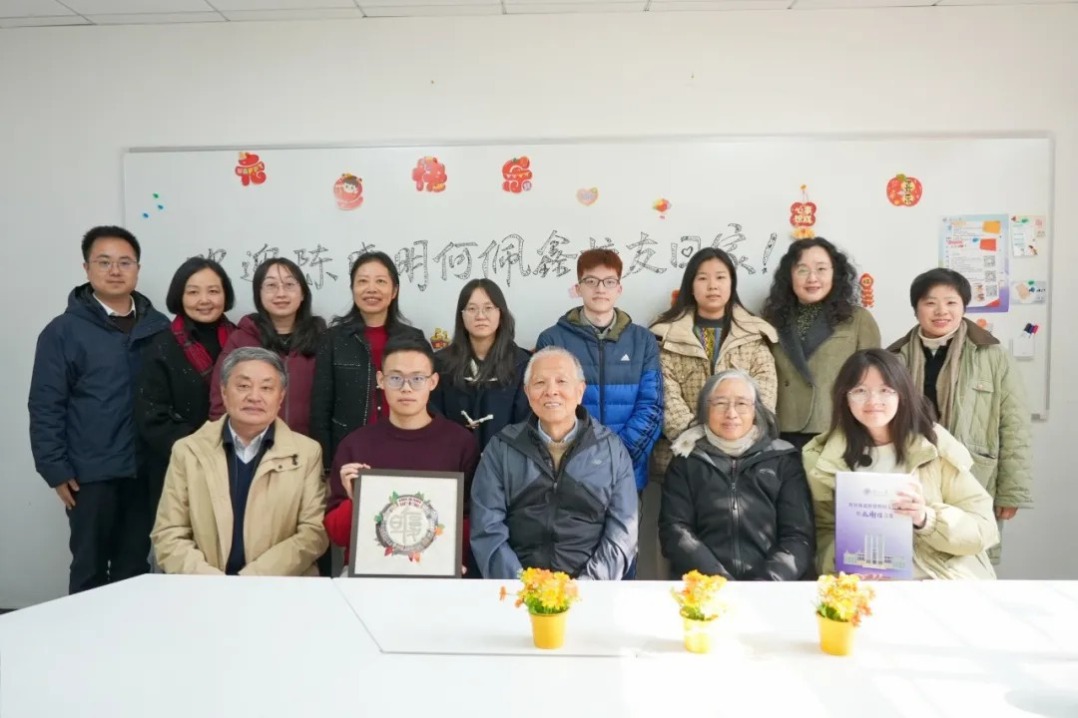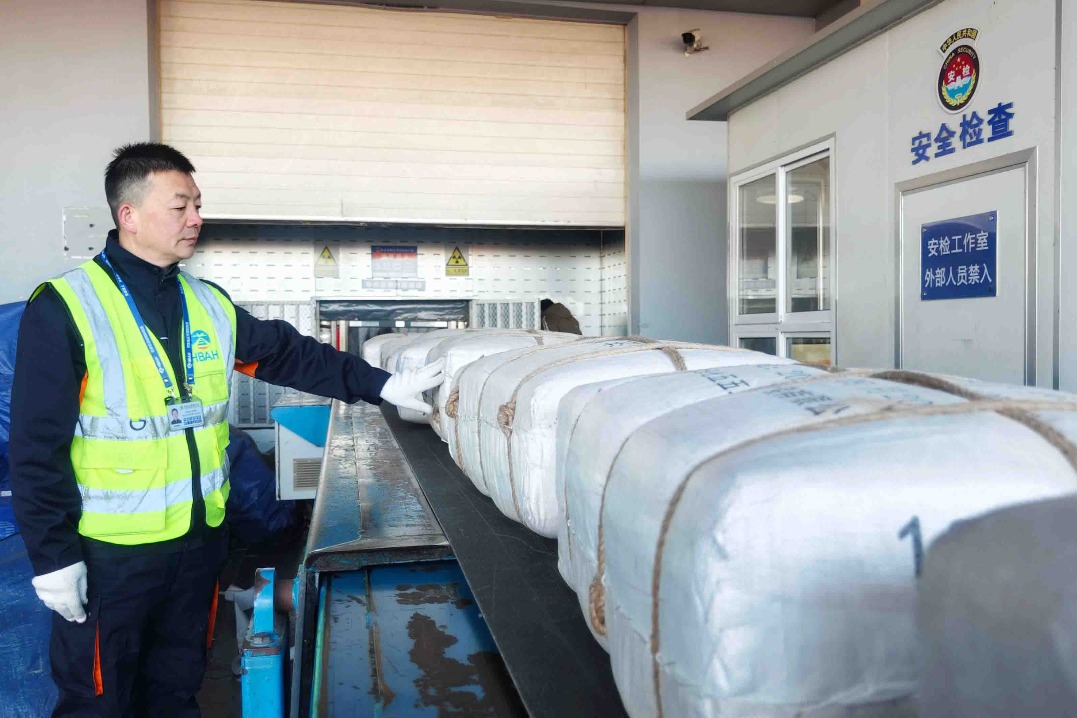All hands on deck to control pollution

Algae pollution is a major threat to China's freshwater supply and ecosystem. Over the years, technology has become more effective at curbing algae blooms, but that will not be enough to cure the problem, ecologists said.
"The key to stopping algae pollution is controlling the sources of nutrients washing into Taihu," said Qin Boqiang, director of the Taihu Laboratory for Lake Ecosystem Research at the Chinese Academy of Sciences.
Zhu Guangwei, a biochemist at CAS's Nanjing Institute of Geography and Limnology, said more than 100 canals feed into the lake - one of China's largest freshwater bodies - which makes it extremely difficult to identify pollution sources.
The lake is large, but shallow, with a maximum depth of 3 meters but more than 44 million people draw their water from it. "That means its environmental capacity (the ability to absorb pollution and clean itself) is very limited," Zhu said.
Thanks to strict regulations, industrial effluent now accounts for less than half of the pollution in the lake, he said. However, as nearby cities have expanded, household sewage has become more prevalent than before.
The frequent use of nitrogen and phosphate fertilizers is also a big issue. "Farmers in Jiangsu province are some of the richest in the country. They have the money to use huge amounts of fertilizer on their crops to produce bigger yields," Zhu said. "The runoff from these big plantations is problematic because they are hard to regulate and farmers are reluctant to change their production methods."
Agriculture and industry aren't the only pollution sources, though. About a quarter of the nitrogen in the water comes from the atmosphere, mostly likely from vehicle emissions, he added.
Yang Guishan, a researcher at the institute, said: "We really need more data to get a grip on the full picture." Moreover, different quality standards apply to lakes and rivers, meaning pollutants that are considered safe in rivers can become hazardous once they build up in lakes.
According to Zhu, the lake's economic significance means the problem needs to be rectified urgently, and members of the public must play their part: "Controlling pollution requires all hands on deck. Scientists and officials can only do so much. Society as a whole needs to change the mindset that we have a right to exploit nature for economic gain."
Zhu proposed that the regulations covering key national ecological sites, such as Lake Taihu, should be much stricter than the national standards and they must take a wider range of pollutants into account. It is also important to find new industrial and agricultural production methods that are both economically rewarding and environmentally friendly.
"Balancing economic growth and environmental protection is a difficult task, no doubt, but it is shortsighted to sacrifice the ecosystem for economic growth," he said.
- Flu rate lower than last year, health commission says
- Party deepens self-reform to advance path
- No new infectious diseases in China: China CDC
- Chinese scientists find world's smallest known sauropod dinosaur footprints
- 41 Chinese chess individuals penalized for cheating
- New book on gold published in Beijing




































